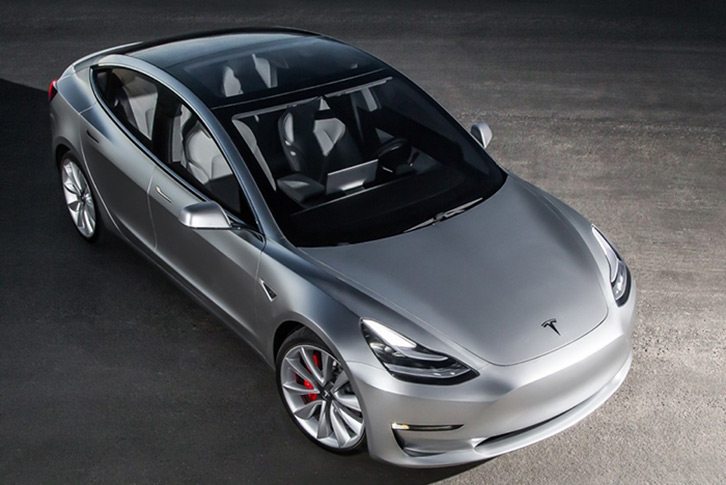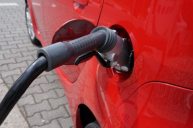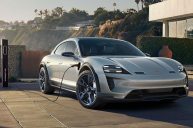I'll be honest, I've never been a fan of electric cars.
The fact of the matter is, you cannot compare a silent, characterless electric motor to any sort of petrol or diesel-powered engine.
Furthermore, electric cars have many drawbacks that make them more expensive and inconvenient.
I'll run through a few to give you an idea of what I think is reason enough to never buy one.
From the start, there's their purchase price. All electric cars tend to be much more expensive than their traditionally powered counterparts.
For example, a base model, petrol powered Ford Focus will run you $16,775. The electric variant starts at $29,120, making it over $12,000 more expensive than the regular Focus. For this price, you only get 100 miles of range.
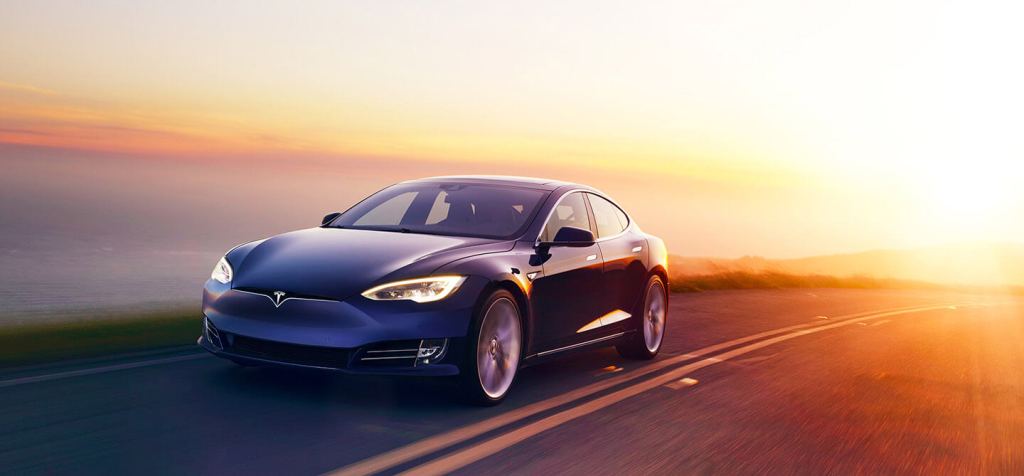
Tesla
The only electric cars on the market with decent range and a decent charging time are the Tesla Model 3 and Model S. The Model 3 starts at a reasonable $44,000, while the Model S starts at a more pricey $68,000. Not to mention that the Model 3 has a 12-18 month waiting list.
The Model 3 gets 220 miles of range with the base model, and 334 miles with the long-range battery. If you charge a base model through a standard wall charger, it will take nearly 43.5 hours to charge from 0% to 100% charge. If you use a 7.3 kW car charger, it will take nearly 14 hours. If you use Tesla's supercharging, it will take just around 1.5 hours.
While charging times are not too bad with the Supercharging, 1.5 hours is considerably more than the sub-10 minutes it takes to fill up at a gas station.
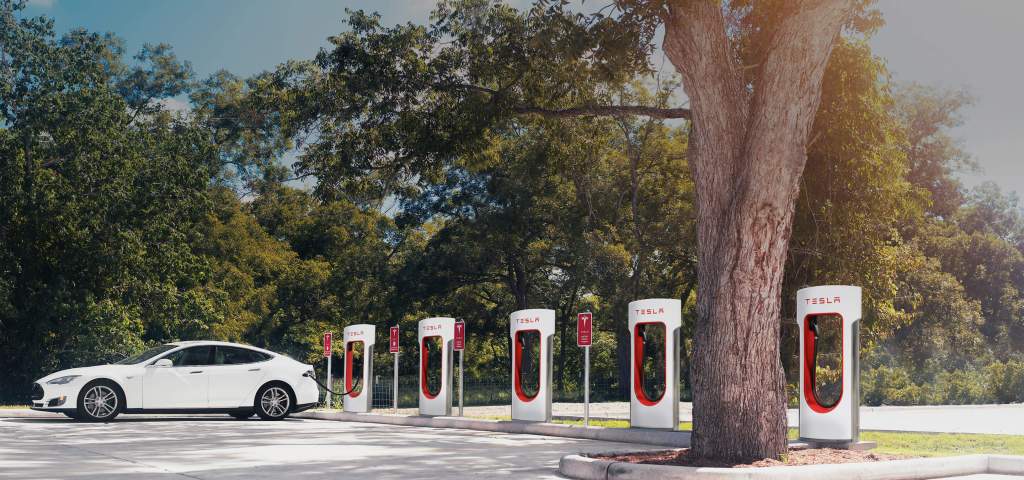
Tesla
Furthermore, you have to consider the availability of these charging stations. I live in a highly populated area, and the nearest Supercharging station is nearly 40 minutes from downtown.
Heaven forbid you're going on a road trip. You'd have to constantly worry about running out of electricity because Supercharging stations and even just regular electric car charging points are not nearly as abundant as gas stations.
Fortunately, battery wear and drive unit failure are no longer as prevalent as they were in the past. That being said, should your Tesla's batteries decide they didn't want to hold electricity anymore, expect to pay in excess of $10,000 to replace them.
By comparison, most fuel tanks cost less than $1,000 to replace, in the unlikely event you'll need to.
In the eyes of many, electric cars are the future. I do not believe that the future is waiting hours for your car to charge, and forking over your life's savings to replace the batteries and electric motors.
Time will tell...
NEXT: WHY ELECTRIC CARS WON'T SAVE THE EARTH
WATCH
